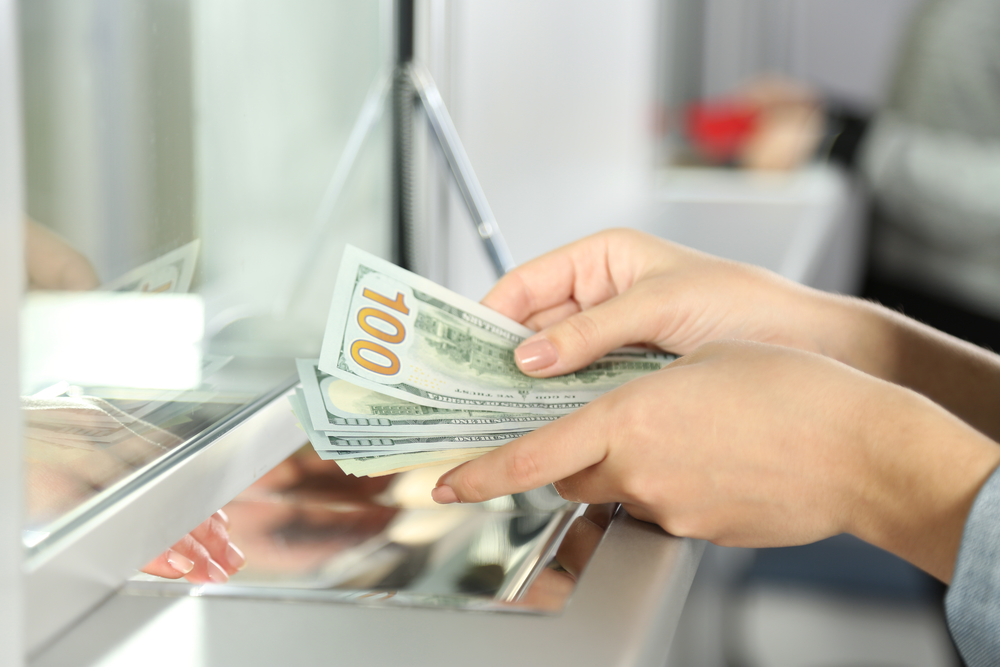
Traveling abroad for business or pleasure starts with proper preparation, and one essential step is ensuring you’re never stuck without money to pay your way. Expect to take at least enough cash to cover your first few days of travel, when you’ll likely need cash for things like cab fare, train fare or to grab a quick bite to eat.
The best way to exchange currency before you go is using the most economical and convenient manner, and you have several options at your service.
Your Bank or Credit Union
One of the quickest, easiest and most cost-effective ways to exchange currency is at your local bank or credit union. This can by far be the best way to exchange currency because banks often enjoy better exchange rates and may not charge a costly transaction fee.
If your bank doesn’t stock the currency you need, you can usually order it online, by phone or in-person at the branch location. Watch out for delivery fees if you choose to have it delivered to your home instead of picking it up at your local branch.
Airport and Other Currency Exchanges
Airports and other businesses may offer currency exchanges, but they are not necessarily known as the best way to exchange currency. Their exchange rates are generally not as competitive as you’ll find at banks or credit unions, and they often charge multiple, costly fees for completing the transactions.
Online Currency Converters
Numerous websites sell foreign currency, with delivery right to your doorstep. While this may be the best way to exchange currency in the way of convenience, you’re likely to face less favorable exchange rates as well as high delivery charges and other fees.
Cash vs. Credit Card
Credit cards can save money by avoiding exchange rates, provided you have a card that does not charge a foreign transaction fee. Keep in mind, however, not every business you encounter abroad may accept credit cards for payments, and those that do are likely to only accept chip-and-PIN credit cards.
You’ll also want to steer clear of using the credit card to draw money out from any ATMs in foreign countries, as the transaction counts as a cash advance which typically comes with fees and a hefty interest rate that starts the moment the cash is in your hand.
A wise move is to bring along a credit card as well as some cash in the foreign currency you’ll need. Foreign exchange rates change regularly, which means the value of your foreign currency may change between the time you obtain it and the time you use it. Also keep tabs on fees, commission, and other add-on charges when choosing the best way to exchange currency before you head overseas.
Headed overseas and short on time? Swift can process your passport renewal in as little as one day.

